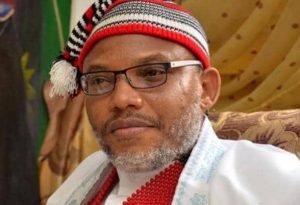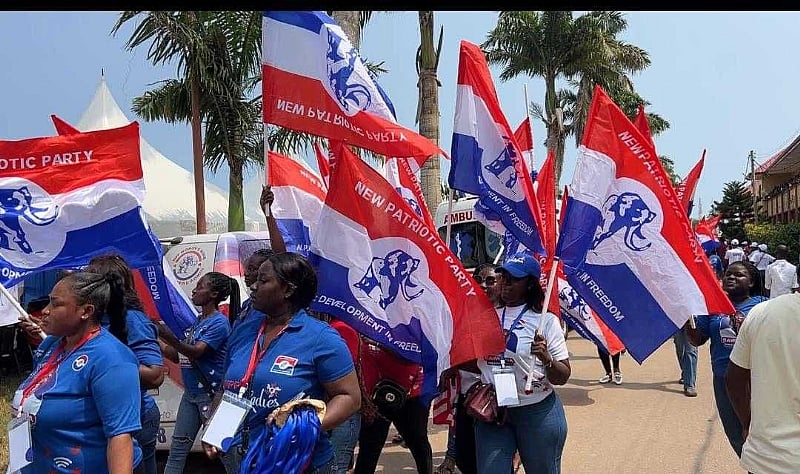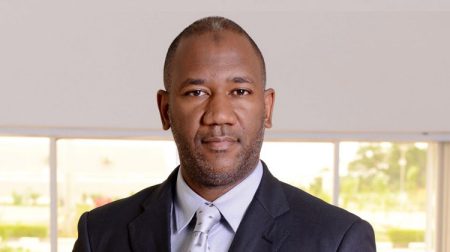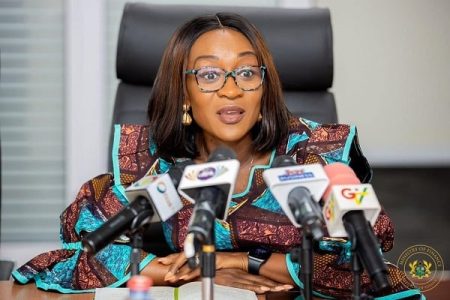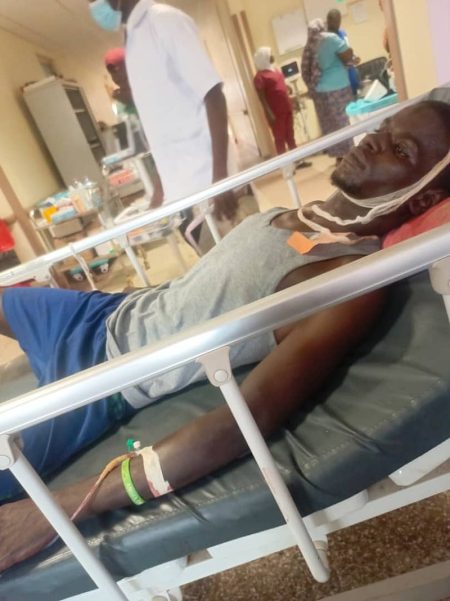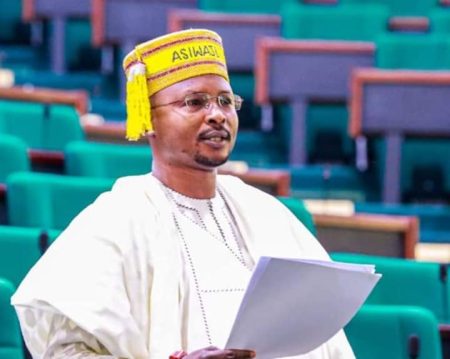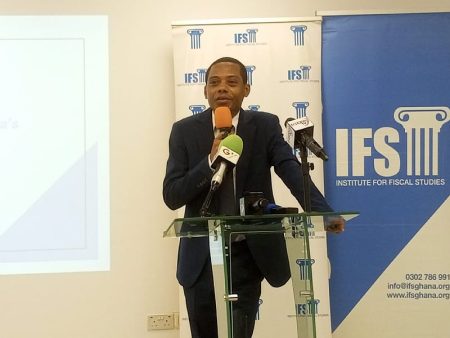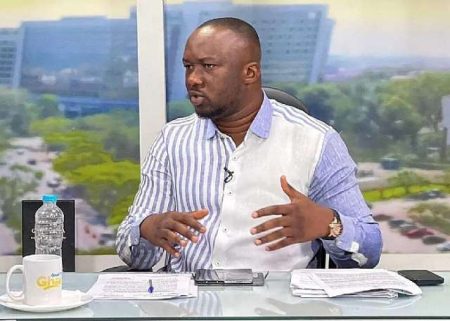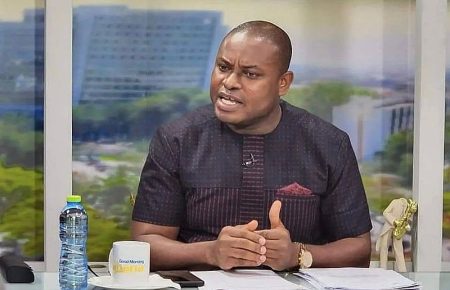The New Patriotic Party (NPP) has initiated its internal electoral process for the 2028 presidential elections, officially opening nominations for potential candidates. This marks the beginning of a crucial phase for the party as it seeks to regain power after its defeat in the 2024 general elections. The official announcement, released by the party’s General Secretary, Justin Kodua Frimpong, outlines the procedures and timelines governing the nomination process, signaling the start of what promises to be a highly competitive race. The party’s constitution provides the framework for this process, ensuring a structured and transparent approach to selecting its presidential candidate.
The nomination period, commencing on July 29 and concluding on August 28, 2025, offers a window of opportunity for aspiring candidates to formally declare their intentions. The financial commitment required to participate in the race is substantial, reflecting the high stakes involved. A non-refundable nomination fee of GHS100,000, payable via banker’s draft, serves as an initial threshold for entry. This is followed by a significantly larger filing fee of GHS500,000, also to be paid by banker’s draft, effectively solidifying a candidate’s commitment to the race. These financial requirements, while potentially prohibitive for some, contribute to the seriousness of the undertaking and underscore the resources necessary for a competitive presidential campaign.
Furthermore, the party has announced a development levy, the exact amount of which will be determined by the National Council. This levy, though its figure remains undisclosed, will add another layer of financial responsibility for prospective candidates. The accumulation of these fees—the nomination fee, the filing fee, and the development levy—underlines the financial resources required to navigate the internal party selection process. This financial structure may influence the field of contenders, potentially favoring those with established fundraising networks or significant personal wealth.
The NPP’s National Congress, the culminating event of the internal selection process, is scheduled for January 31, 2026. This date marks the deadline for all internal campaigning and lobbying, after which the party’s delegates will cast their votes to determine their flagbearer for the 2028 presidential election. The outcome of this congress will be pivotal in shaping the party’s strategy and messaging for the upcoming general elections. The chosen candidate will then bear the responsibility of unifying the party behind their leadership and leading the charge to reclaim the presidency.
A number of prominent figures within the NPP are anticipated to vie for the nomination, setting the stage for a potentially dynamic and closely contested race. Among the potential contenders is Dr. Mahamudu Bawumia, the party’s presidential candidate in the 2024 elections, who brings his experience as a former Vice President and his established political network to the table. His performance in the previous election will likely be a key factor in the upcoming contest. Joining the ranks of potential candidates is Kennedy Ohene Agyapong, the outspoken former Member of Parliament for Assin Central, known for his often-controversial stances and charismatic appeal. His populist rhetoric and strong base of support position him as a force to be reckoned with in the upcoming race.
Further adding to the mix of potential contenders are Kwabena Agyei Agyepong, a former General Secretary of the party, and Bryan Acheampong, the Member of Parliament for Abetifi. Agyepong brings his experience within the party machinery and his understanding of its internal dynamics to the forefront. Acheampong, a relatively newer face in national politics, could represent a fresh perspective within the party. The diverse backgrounds and political leanings of these potential candidates promise a vibrant and potentially divisive internal election, as they compete for the opportunity to represent the NPP on the national stage in 2028. The upcoming months will undoubtedly witness intense campaigning, strategic alliances, and rigorous debates as the party grapples with its future direction.


